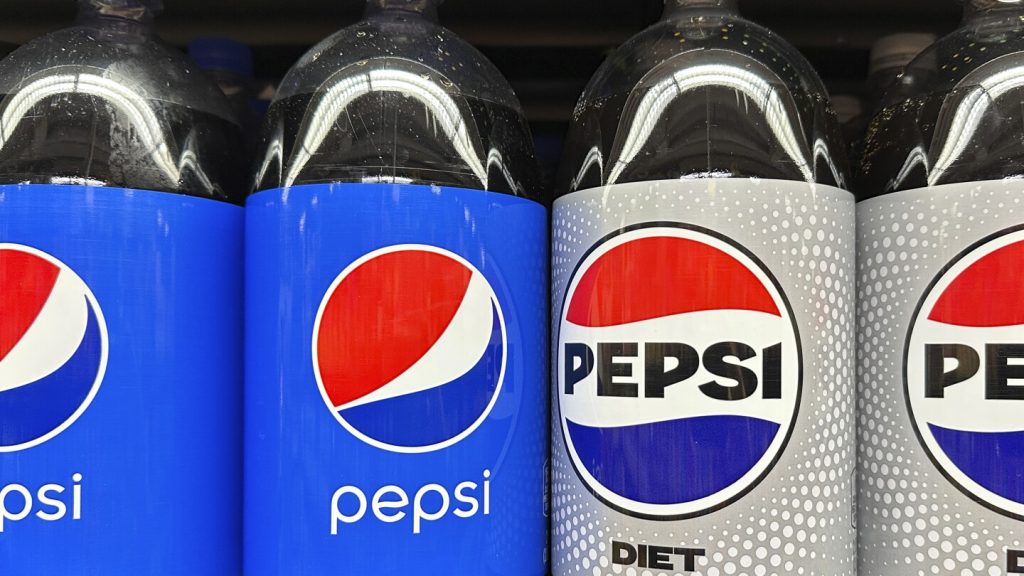PepsiCo has announced the closure of a bottling plant in Chicago, affecting 150 workers, according to the Teamsters union. The company cited physical limitations of the 60-year-old building as the reason behind the decision, describing it as a difficult move. Despite the closure, PepsiCo stated that it would continue to pay the workers for the next 60 days, even though they will not be required to work during that time. The Teamsters union, representing the plant’s workers, expressed outrage over the lack of notice provided by PepsiCo, stating that it violated federal law requiring a 60-day notice for plant closures or mass layoffs.
John Coli Jr., the secretary-treasurer of Teamsters Local 727, criticized PepsiCo for the lack of communication regarding the closure, especially since the union had recently negotiated a new contract with the company. Coli mentioned the possibility of legal action against PepsiCo for their alleged violation of the collective bargaining agreement and the law. In response, PepsiCo defended its actions, stating that they had met all applicable legal requirements and expressed willingness to work with the union during the transition. The company emphasized its commitment to supporting the affected employees and maintaining its service to the Chicagoland area.
The sudden closure of the PepsiCo bottling plant in Chicago has sparked outrage among the workers and the Teamsters union due to the lack of notice provided by the company. With 150 workers facing imminent job loss, the union is considering legal action against PepsiCo for violating federal laws and the terms of the collective bargaining agreement. The closure highlights the challenges faced by workers in the manufacturing sector, particularly in aging facilities with physical limitations. The union is demanding accountability from PepsiCo and seeking justice for the affected employees.
As PepsiCo faces backlash over the closure of the Chicago bottling plant, the company maintains that the decision was necessary due to the building’s limitations. Despite the closure, PepsiCo has committed to paying the workers for the next 60 days, reflecting a level of support for the affected employees. However, the lack of communication and notice provided to the union has strained relations between PepsiCo and the Teamsters, leading to threats of legal action. The closure serves as a reminder of the importance of transparency and communication in labor relations, especially during times of transition and uncertainty.
The Teamsters union’s response to the closure of the PepsiCo bottling plant underscores the challenges faced by workers in an ever-changing economic landscape. With automation and cost-cutting measures increasingly impacting manufacturing jobs, workers are left vulnerable to sudden closures and mass layoffs. The union’s outrage over the lack of notice from PepsiCo highlights the importance of upholding labor laws and collective bargaining agreements to protect workers’ rights. As the union considers legal action, the case serves as a test of corporate responsibility and accountability in the face of workforce disruptions.
PepsiCo’s closure of the Chicago bottling plant not only affects the livelihoods of 150 workers but also raises questions about the company’s approach to labor relations and compliance with legal requirements. The union’s accusations of violating federal laws and the collective bargaining agreement point to a broader issue of corporate accountability and transparency in workforce decisions. As PepsiCo navigates the fallout from the closure, it must address the concerns raised by the union and ensure that the affected employees are supported during this challenging transition. The case serves as a reminder of the need for strong labor protections and ethical practices in the corporate world.


